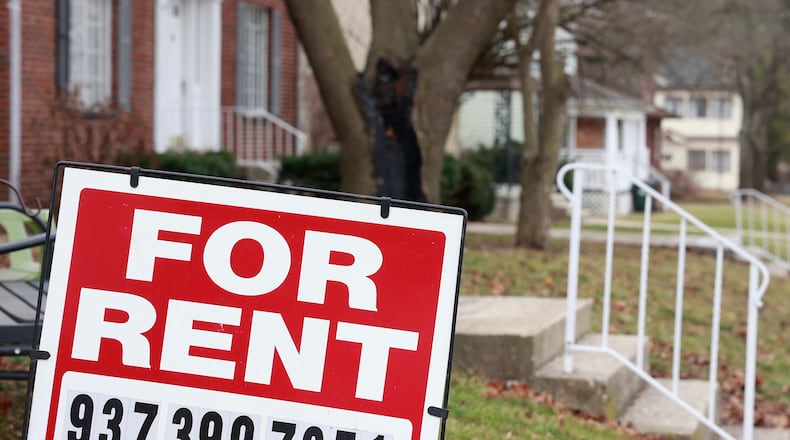O’Neill, who had previously voiced concern about the proposal, said he received additional information and now was satisfied the new requirements are what is needed, will be done well and will be done fairly.
“We are in hopes that the small portion of landlords who do not comply with anything will be held accountable,” O’Neill said. “This comes at a cost to good landlords. Without legal enforcement it will not work.”
He noted that owners who ignore health and safety of tenants by neglecting maintenance and repair are only part of the problem the new registry will address.
“We have hundreds of thousands of dollars in taxes that are not being collected from some property owners,“ O’Neill said. “Our next step may be to take property away from landlords who are not paying their taxes, which impacts the community as a whole, and in particular our schools. I think enough good will come out of this that in a few years, the bad landlords will be gone.”
Commissioner David Estrop, who helped spearhead the legislation, said the city’s housing consortium has discussed how to address the increasing problems of neighborhood decline and the need to improve the state of rental properties for two to three years.
“We have some very good landlords, but unfortunately we have some who don’t care about people, including children. In the past people got by ignoring regulations. We had limited liability corporations galore and property owners who did not want to be identified and held accountable,” Estrop said.
The rental registry will enable the city to collect current and accurate contact information for property owners, opening the door to imposing penalties on absentee owners who fail to address health and safety issues that threaten the well-being of tenants. It will also require landlords to pay an annual fee dependent upon the number of properties owned. Landlords will be charged $35 for a single rental; $25 for two or more properties in the same building; up to a $750 maximum for property owners with multiple dwelling or apartment rentals.
The measure will also give the city more legal clout toward enforcing local and state codes that require properties to be maintained in a habitable condition. City officials will be able to pursue placing blighted properties into receivership to remove it from the negligent owner and put it into the hands of someone who will properly maintain and repair it.
While no landlords appeared to speak in opposition to the measure, many had voiced opposition to the measure to Commissioners in advance of the vote. One owner of multiple rental properties wrote a letter saying he will have to increase rents by $25 to $30 a month as a result of the fees that will be imposed on landlords.
The one landlord who did appear at the commission meeting supports the registry and challenged the suggestion rents will have to increase as a result.
Larry Ricketts, who has owned rental properties in the city since the 1970s, said any fee imposed upon property owners will be tax deductible, and should not be passed along to tenants.
“I think the city staff has done an excellent job with this. I’m surprised that over half the houses in Springfield are rental properties, and have seen the number of limited liability corporations buying up properties. I’m proud of the commission for doing this.”
Springfield resident Valisha Moss, a lifelong city resident, told the commission tenants need a bigger voice to balance the scales in the landlord/tenant relationship.
“A lot of good tenants are being taken advantage of,” she said. “I hope this is a step toward allowing tenants to have more representation so they have what they need.”
City Commissioner Krystal Phillips expressed appreciation for the comment and expressed hope that the new requirements will open up dialogue between tenants and landlords.
About the Author
